Study Finds “Video Games With Sexualized Content” Do Not Cause Misogynistic Attitudes Or Body Image Issues

According to the results of a recent study, psychologists have found that the “evidence is weak that sexualized games influence player attitudes and behavior.”

RELATED: To Heart 2 Spin-Off Dungeon Travelers 2 Denied Release On Steam
Set to have its results published in the October 2022 edition of the journal Computers in Human Behavior under the title “Does sexualization in video games cause harm in players? A meta-analytic examination“, the recent study sought to address the oft-touted claims of the perpetually offended – such as disgraced critic Anita Sarkeesian and numerous gaming journalists – and answer the question of “whether video games with sexualized content do or do not relate to mental health and body image problems in players, and/or sexualization and hostility toward women”.
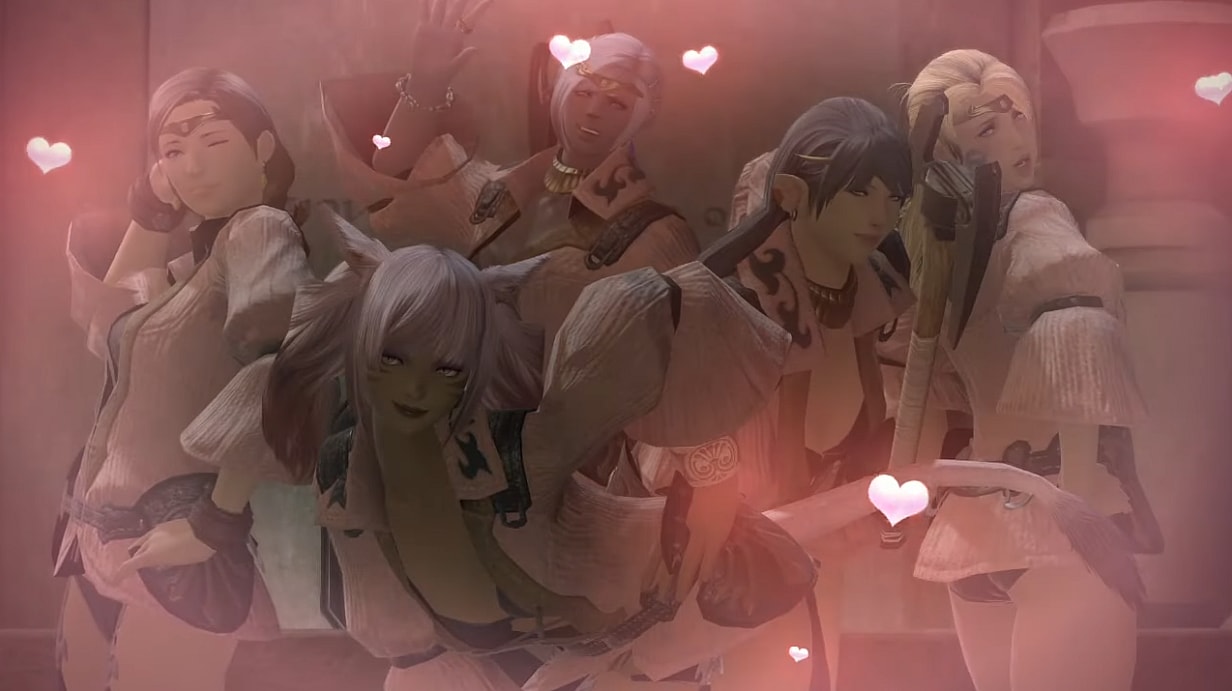
Conducted by Christopher J.Ferguson, perhaps best known for his work debunking the similar claims that violent video games inspire violent behavior, James D.Sauer, Aaron Drummond, Julia Kneer, and Emily Lowe-Calverleyb, the study “explored the degree to which sexualization in games was related to both well-being/body dissatisfaction and sexism/misogyny among players in two separate meta-analyses”.

RELATED: G4 Sees Massive Loss Of Viewers In Months Following Frosk’s Infamous Rant
In doing so, the team reportedly found “that sexualization in games was neither related to well-being/body dissatisfaction nor sexism/misogyny”.
“Better designed studies, and those that showed less evidence for researcher expectancy effects (for sexism/misogyny outcomes), tended to find less evidence for effects,” they explained. “As appears commonly in other realms of media effects, the evidence is weak that sexualized games influence player attitudes and behavior.”

Psychology-centric news outlet PsyPost explains that these conclusions were derived from a “meta-analysis” of eighteen other studies, all measuring the results of exposing a subject to video games both featuring and lacking sexualized content.
Fifteen of these measured aggression toward women along with “sexist attitudes,” while ten measured factors involved with depression, body image, or anxiety.

Speaking to PsyPost, Ferguson prefaced, “I’ve been studying the effects of video games on players for two decades now, most of it on violence. I think most people have come to accept that there’s no relationship between violent video games and aggression or violent crime (despite some holdouts including the [American Psychological Association]).”

“However, people still ask a lot of questions about sexualization and whether games either make male players more sexist toward women or whether women players experience more body dissatisfaction and other well-being concerns,” Ferguson dismayed. “It’s a much smaller research field than the violence field, so we hoped to bring some clarity to it.”
(As alluded to by Ferguson, the theory that video games cause real life violence has been debunked in three studies from 2020 – one being a self-declared “definitive” study from Oxford University – along with studies from 2019, 2017, two from 2016, 2015, and 2008.)

RELATED: Amazing Princess Sarah Key Art Cleavage Censored In PlayStation 4 Launch Trailer
“Overall, the ‘moral panic’ over video games and sexualization is pretty much following the ‘paint-by-numbers’ pattern of the video game [violence] debate,” he continued. “Lots of hyperbole and moral outrage, but very little evidence that video games are causing any ‘harm’ to either male or female players.”
“As a purely ‘public health’ issue, this doesn’t appear to be much of a concern at all,” Ferguson condemned. “That doesn’t mean people can’t advocate for better representations of females in games. They just need to be cautious not to make claims of ‘harm’ that can be easily debunked, thereby calling into question what might otherwise be reasonable advocacy goals.”

Speaking to the papers the team analyzed, Ferguson said of their quality, “the major caveat is simply that many of the studies just aren’t very good. The good news is that the higher quality studies were less likely to find evidence for negative effects than lower quality studies.”
“In some cases, scholars probably interjected their personal moral opinions into the studies, if unintentionally,” he proposed. “Granted it’s still a fairly small research area, but this initial data has been so underwhelming that I’m not sure there’s much to be mined here.”

“Obviously, we go through these cycles of blaming media for social problems,” Ferguson reminded. “At least with fictional media, the evidence often reveals that we’re probably scapegoating media and fiction rarely causes social problems.”
“Again, to be fair, advocating for better representation of females in games can be a worthy cause even if the games don’t cause harmful effects,” he concluded. “I support those efforts, just hope advocates don’t misrepresent the evidence as a part of their efforts (which, unfortunately, is all too common among advocacy groups).”

Despite these findings – and the overall results being an already common point of understanding among players – these outcry cycles over sexism in video games have resulted in numerous instances of censorship.
For example, In October 2018, a developer working for Japanese studio light claimed Sony Interactive Entertainment was demanding them and other Japanese studios to censor sexual content in their games.

During a PlayStation event that December, Sony Interactive Japan Asia President Atsushi Morita was asked about how the alleged policy would balance with freedom of expression, to which he explained, “About the censorship, we tried to meet global standards.” “Regarding the balance of the freedom of expression and safety for children, it’s a tough problem to deal with,” he admitted in follow-up.
A Sony spokeswoman confirmed the existence of this policy in 2019, justifying its existence by citing the rise of not just the Me Too movement, but also the increasing popularity of video game streaming on YouTube and Twitch.
This censorship was even afflicted upon games explicitly designed to be fan-service heavy. So much so that it led Senran Kagura producer Kenichiro Takaki to leave Marvelous later that same year.

However, it’s not just Sony who have taken a stance against sexual content in video games, especially when they feature an anime art-style. Series such as Mortal Kombat and Tomb Raider notably de-sexualized their characters in recent entries, while Capcom censored R.Mika’s butt-slapping taunt in Street Fighter V.
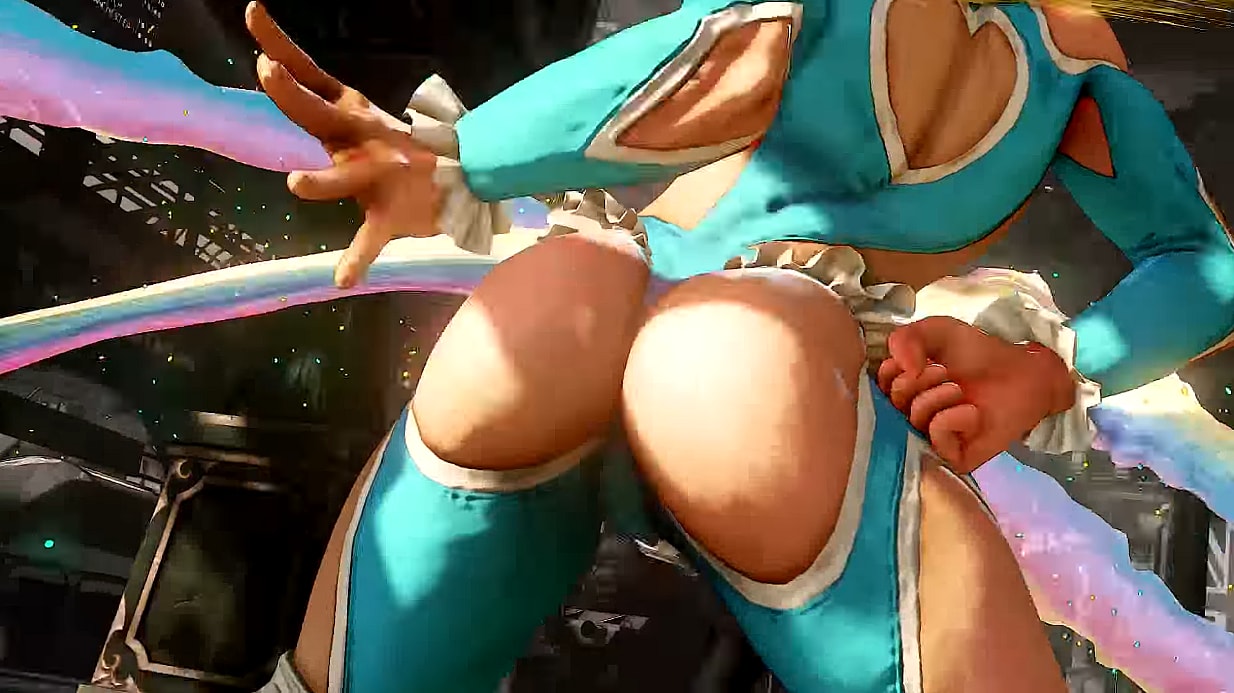
EVO Japan 2019 saw organizers cut the livestream of a demonstration of Dead or Alive 6, when director Yohei Shimbori demonstrated the game’s photo mode in a lewd manner, while two real-life models demonstrating the game’s jiggle physics “in real life.”
Commentators stated upon returning that the footage “does not reflect the content or intention of EVO.”
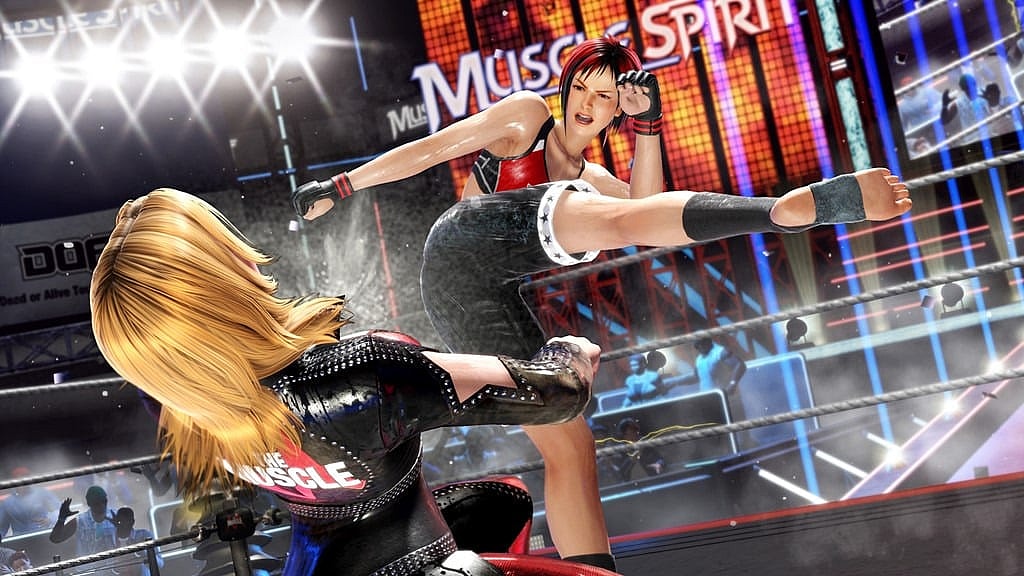
Tifa Lockhart notably had a sports bra under her iconic tank top in Final Fantasy VII Remake.
Director Tetsuya Nomura later confessed that Tifa’s bust size was limited due to a mandate from Square Enix’ “ethics department.”

The list of re-designs and censorship of sexual content in video games over the last five years or so – not including allegations of western studios intentionally designing female characters to be unattractive or localizers censoring scenes of that could even potentially offend women – or so is almost endless.
Most recently, the VR release of Resident Evil 4 received numerous cuts to its script in order to, as explained by a Facebook spokesperson, “update the game for a modern audience”.
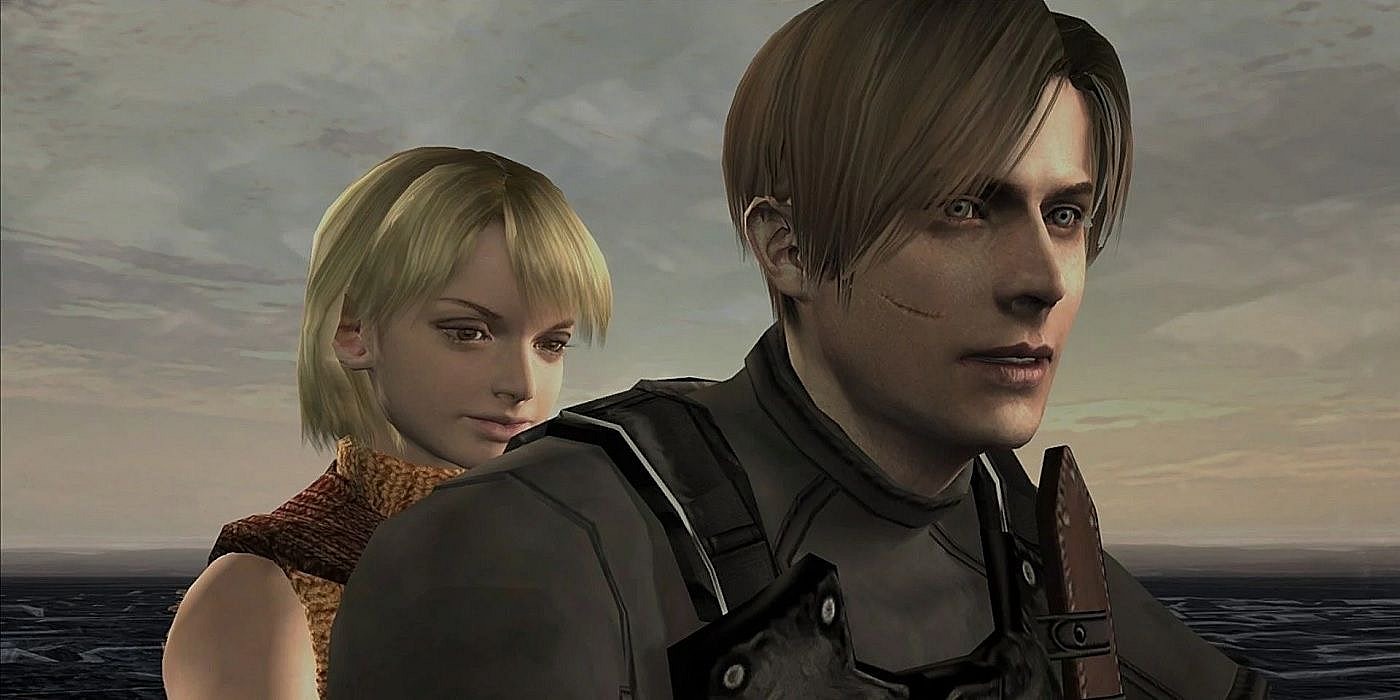
However, an insider who leaked these edits ahead of the game’s released claimed it was done out of fear that the content’s inclusion would result in social media backlash.
In fact, it may be this fear of being branded sexist by the outrage mob that has led these companies, all of whom could have cited a 2015 study that said video games don’t make people sexist or simply ignored the offended’s demands, to instead choose to kowtow at the first signs of trouble.
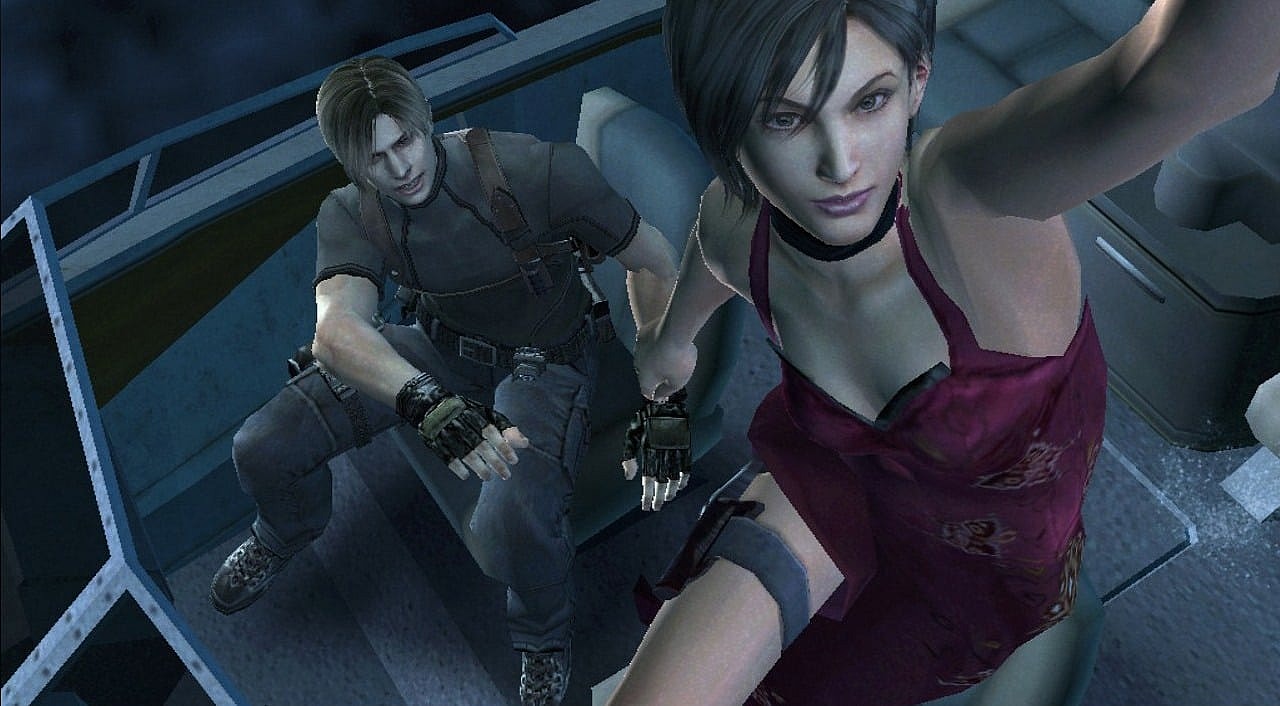
RELATED: Kotaku Hates Lost Ark’s Sexy Outfits Despite Western Release Already Being Censored
However, there are those pushing back.
PlatinumGames has kept Bayonetta shamelessly sexy – as intended by her female designer, Mari Shimazaki.
By ignoring accusations of sexism and sticking to the intended vision of series director Hideki Kamiya, the studio was able to produce two quality titles that have been well received by both fans and critics.

Top Hat Studios also caught flack for Sense: A Cyperpunk Ghost Story, a game set in a future where body modification, and as such hyper-sexualized appearances, have become the norm.
However, in response, the developers stated that they would “categorically and absolutely refuse” to censor the game, even going so far as to share a number of abusive messages and gas-lighting attempts leveled against them by “industry-adjacent people.

Amid rumors Tales of Arise would be censored on PlayStation, Bandai Namco was compelled to state the game wouldn’t be censored on any platform.

What do you make of this study’s results? Let us know your thoughts on social media and in the comments down below!
